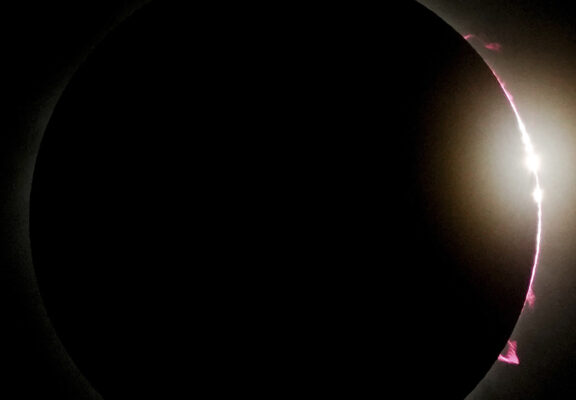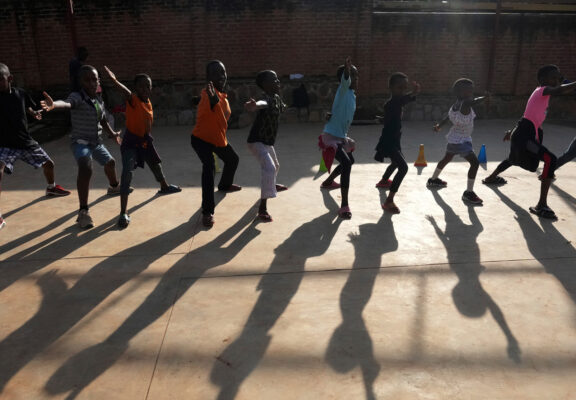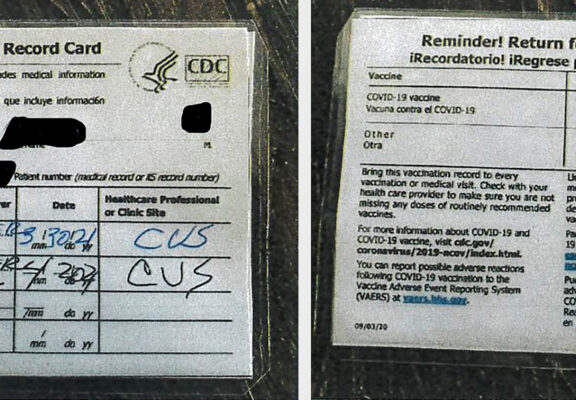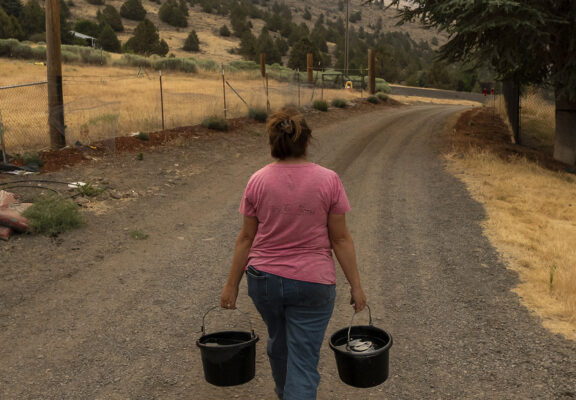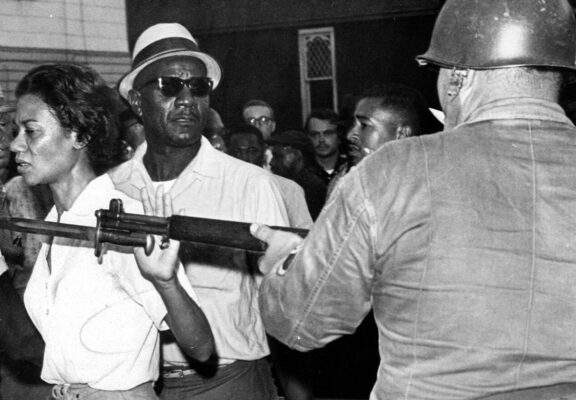AP exclusive details how ERs are refusing to treat pregnant women after Roe v. Wade was overturned

In an exclusive based on documents released under the Freedom of Information Act, Washington-based health policy reporter Amanda Seitz reported on complaints that pregnant women were being turned away from emergency rooms in the months after Roe v. Wade was overturned, despite federal law requiring that they be treated.
The Emergency Medical Treatment and Active Labor Act was seen as a safety net to ensure that pregnant women experiencing a medical emergency could get abortions in states where the procedure had been banned. But Seitz set out to find out if it really was. She submitted a FOIA request in February 2023 seeking information about pregnancy-related complaints under the federal law.
After almost a year of waiting, the FOIA office finally agreed to release records but said it would take another four years to get the documents. With a crucial U.S. Supreme Court case pending, Seitz negotiated a limited release of documents in certain states.
In March, she finally got what she was looking for: a rundown of complaints about violations in the months after Roe was overturned in 2022. The documents showed a spike in the number of complaints post-Roe and included horrific accounts of pregnant women receiving improper care. But they left open the question of what penalties ERs were facing for violating the law.
While many other news organizations wrote about the upcoming Supreme Court arguments on the EMTALA law, because of Seitz the AP was alone with the details about the complaints spiking. She is Best of the Week — First Winner.
Read more
